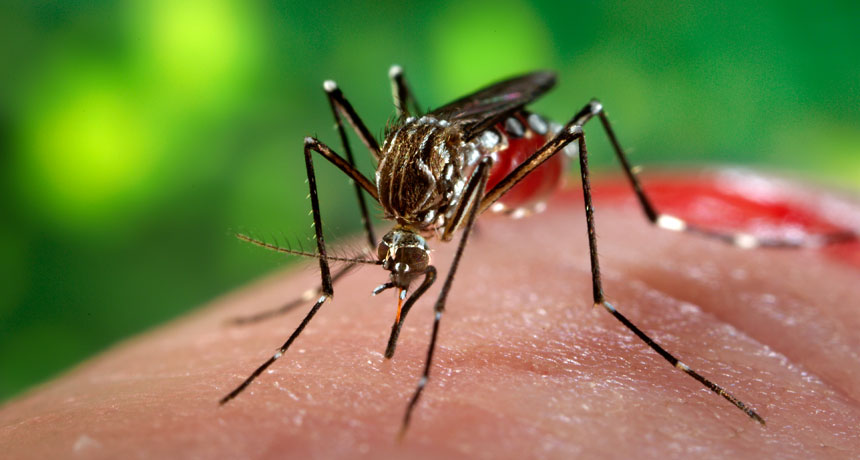- Study Says Most Parents Don’t Use Car Seats In Ride Share Vehicles Like Uber
- This 12-Year-Old Boy Is A Sophomore Aerospace Engineering Major!
- Fire Safety Experts Warn Of Hand Sanitizer Danger After A Mom and Kids Escape House Fire
- Recall Alert: Peaches May Be The Cause Of Salmonella Outbreak, 68 People Ill
- Summer Vacation In The Days Of COVID: Tips To Stay Safe
- How To Safely Grocery Shop During The Coronavirus Pandemic
- Michigan Teen With Vape-Related Illness Undergoes Double Lung Transplant
- Teen Kicks Off Anti-Vaping Campaign From Hospital Bed
- Teenager Receives Life Sentence For Strangling Sister To Death Over A Wi-Fi Password
- Toddler Falls To Death From 11th Deck of Cruise Ship
Zika Virus Causes Baby In Florida To Have Abnormal Head Size


The very first case of Zika-related microcephaly has been reported in Florida, the Florida Department of Health confirmed yesterday.
Although the mother delivered her child in the sunshine state, she is actually from Haiti and had contracted the disease while outside of the U.S.
Microcephaly is a condition in which babies are born with abnormally small heads and incomplete brain development, according to the U.S. Centers for Disease Control and Prevention (CDC.) Babies with this type of birth defect typically have a range of problems, including: Developmental delay, intellectual disability, problems with movement and balance, seizures, hearing loss and vision problems.
So far, there have been two other instances in the U.S. of women giving birth to babies with Zika-related microcephaly, reports ABC News.
The women in both of these cases had also contracted the Zika virus when they were outside of the country.
There have been a total of 265 cases in the U.S. and DC of pregnant women with any lab evidence of Zika virus infection, according to the CDC. An additional 216 cases in pregnant women have been reported in U.S. territories. These stats are as of June 16.
As more and more cases of Zika cases in Americans are reported, there is a bit of good news:
There have not yet been any cases of Zika where people were infected by mosquitoes while in the U.S. Still, expecting women and those who may become pregnant should take certain precautions. The CDC advises pregnant women to protect themselves against Zika by:
- Avoiding travel to areas known to be affected by Zika.
- Taking precautions to avoid mosquito bites
- Taking steps to avoid contracting Zika through sex.
- Seeing a doctor. Pregnant women who have recently traveled to an area with Zika should talk to a doctor or other healthcare provider about their travel — even if they don’t feel sick. It’s especially crucial to seek medical attention if a pregnant woman develops a fever, rash, joint pain or red eyes during a trip or within two weeks after traveling to a known Zika area.
Click here to learn more about what the CDC says parents should know about Zika.









0 comments